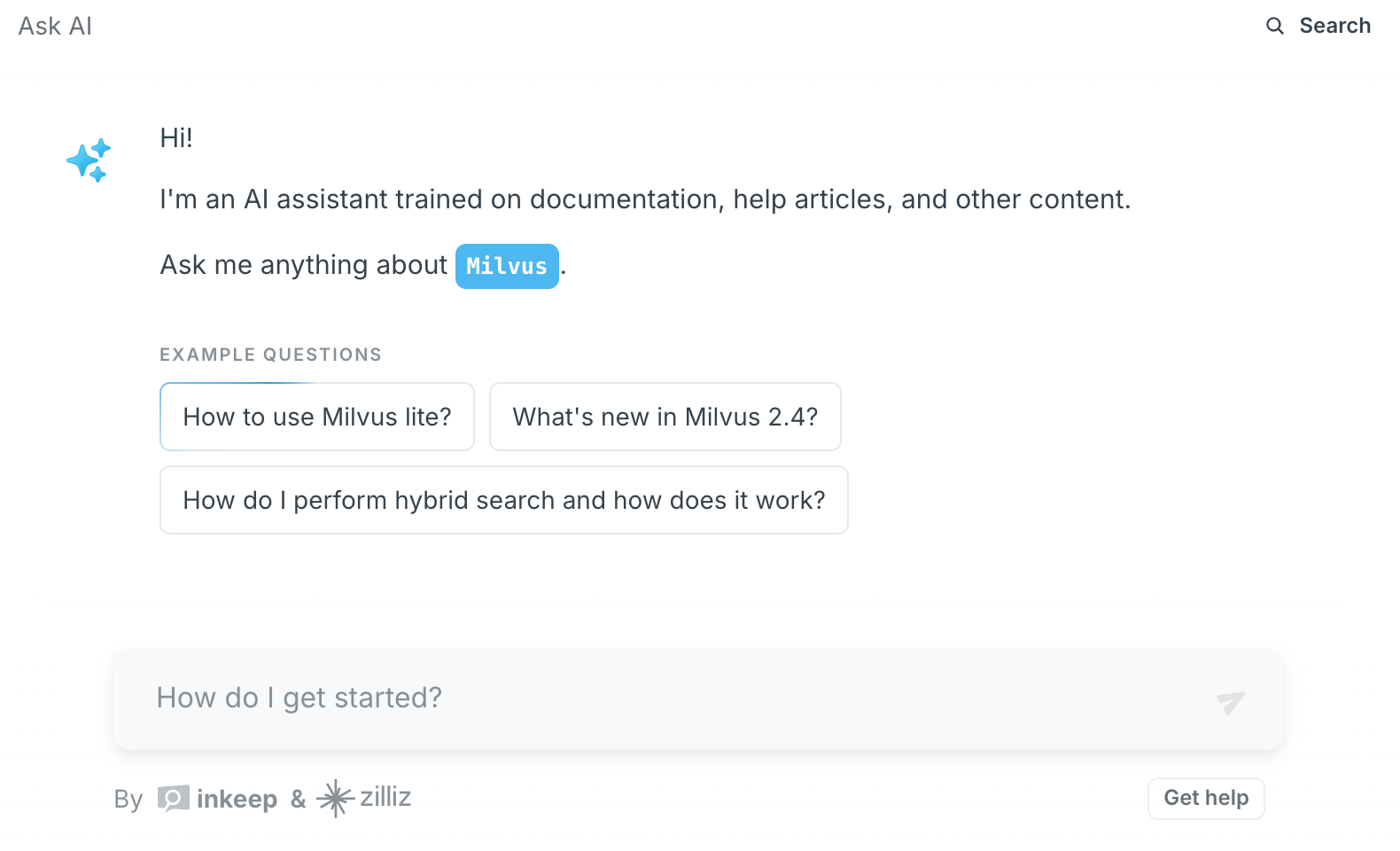Negative examples—questions paired with irrelevant documents—play a critical role in evaluating how well a RAG system handles scenarios where retrieved information is unhelpful or misleading. These examples test the system’s ability to avoid generating incorrect or nonsensical answers when the retriever provides poor-quality context. By intentionally introducing mismatched document-question pairs, developers can assess whether the generator component recognizes irrelevance, ignores misleading content, or signals uncertainty instead of producing confident but flawed outputs. This helps identify weaknesses in both the retriever’s accuracy and the generator’s reasoning under suboptimal conditions.
For instance, consider a RAG system asked, “What causes diabetes?” paired with a document about car engine maintenance. A robust generator should either reject the irrelevant document (e.g., by stating it lacks medical context) or refrain from generating an answer that incorrectly ties engines to diabetes. Similarly, if a user asks, “How do I install a Python package?” but the retriever fetches a document about Python snakes, the system must avoid conflating programming with biology. These tests reveal whether the generator relies too heavily on retrieved content without validating its relevance. They also highlight cases where the retriever fails to prioritize domain-specific signals, such as technical keywords or contextual clues, leading to poor document selection.
By systematically testing with negative examples, developers can measure key metrics like precision (how often retrieved documents are relevant) and the generator’s error rate when given irrelevant inputs. For example, if a system produces plausible-sounding but incorrect answers 30% of the time when fed irrelevant documents, this signals a need for better validation mechanisms—such as cross-checking document context against the question or incorporating confidence scoring. These insights guide improvements, like fine-tuning the retriever to filter out noise or training the generator to detect mismatches. Without negative examples, evaluations might overestimate performance, as systems could appear competent when tested only on “easy” cases with perfect retrieval. Including them ensures the RAG pipeline is resilient to real-world imperfections in retrieval quality.
